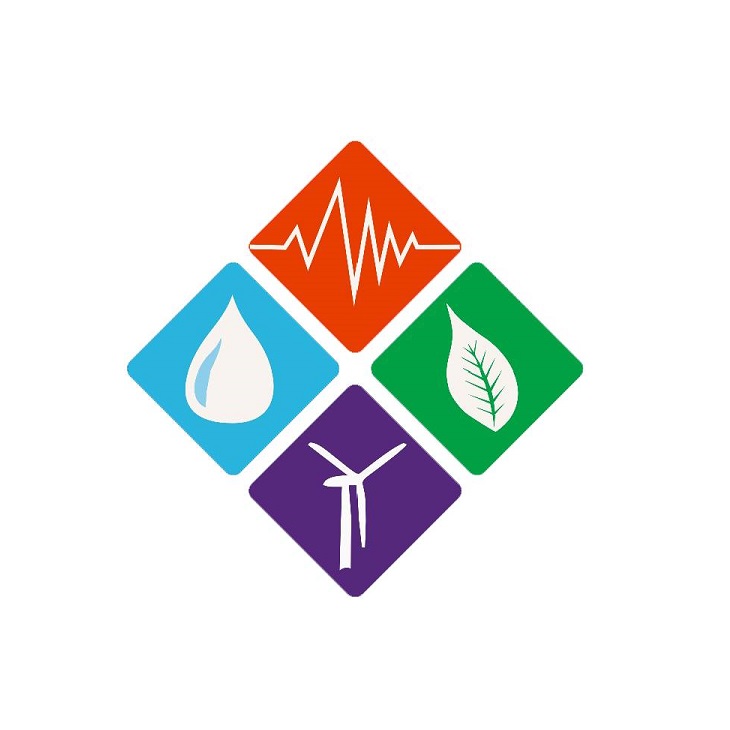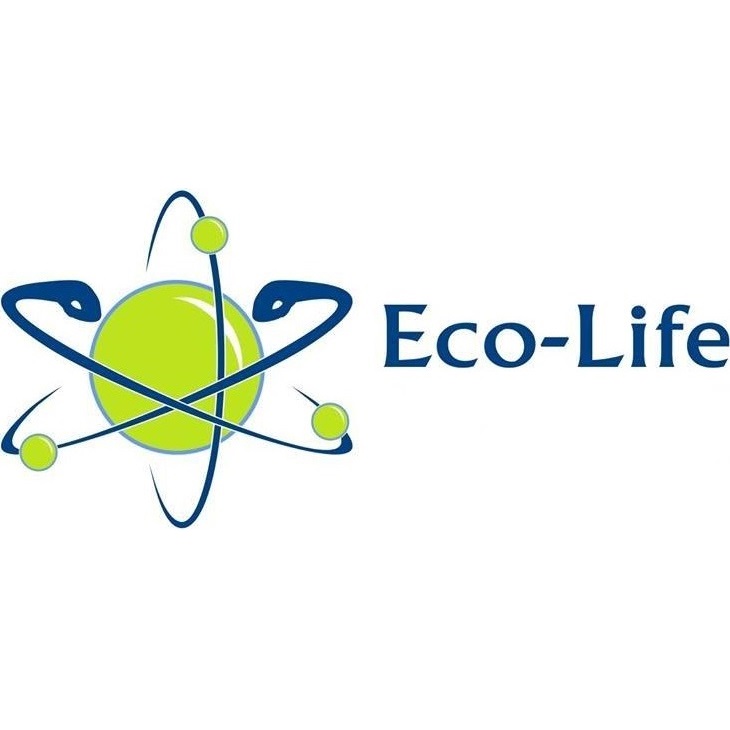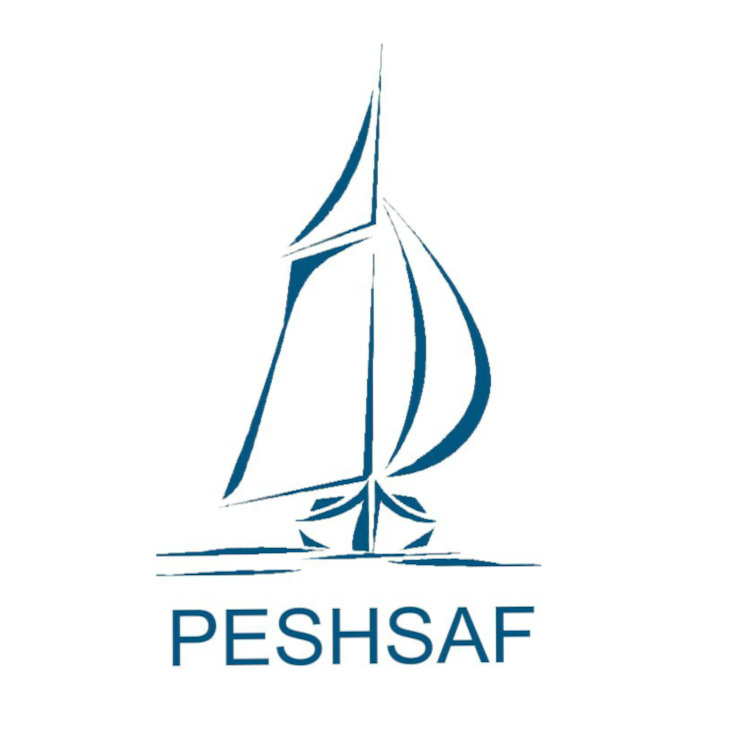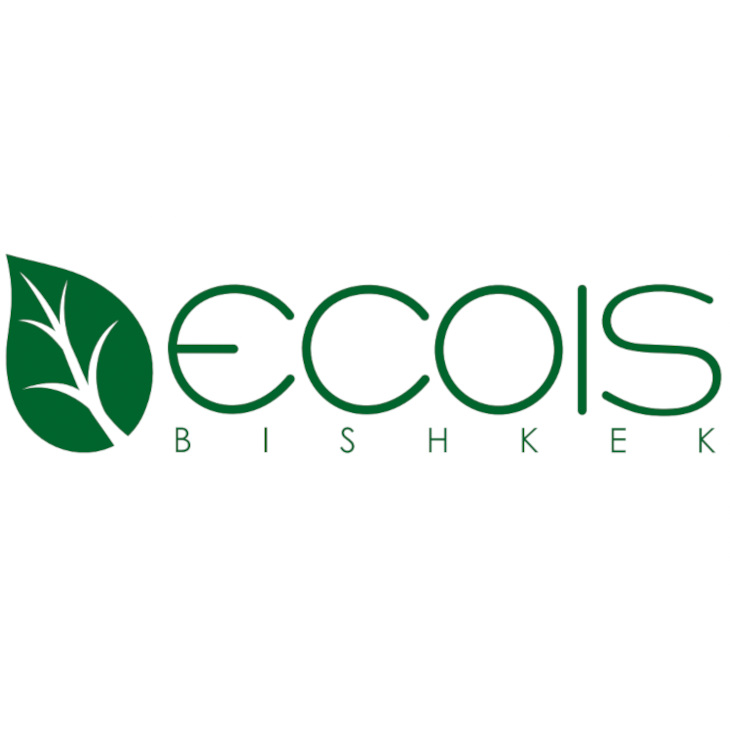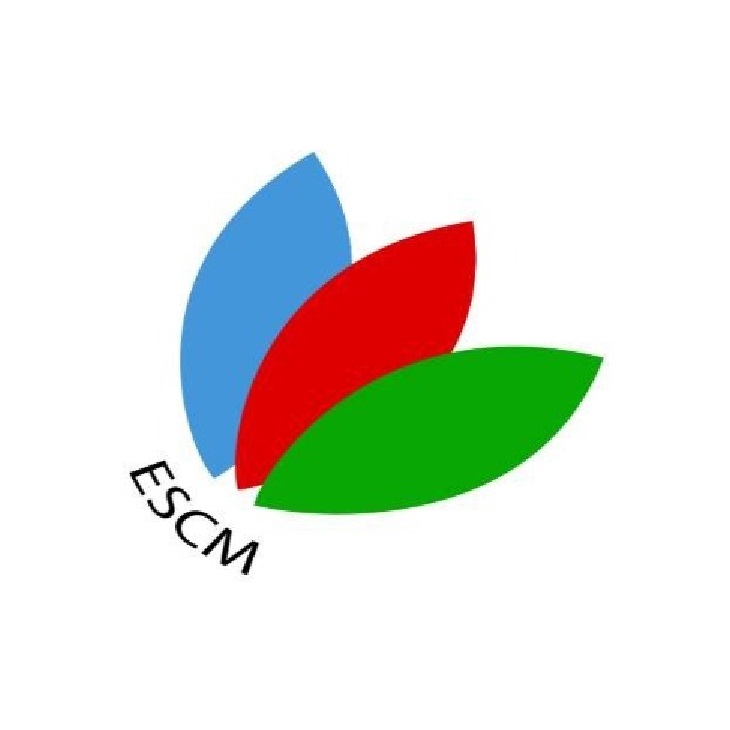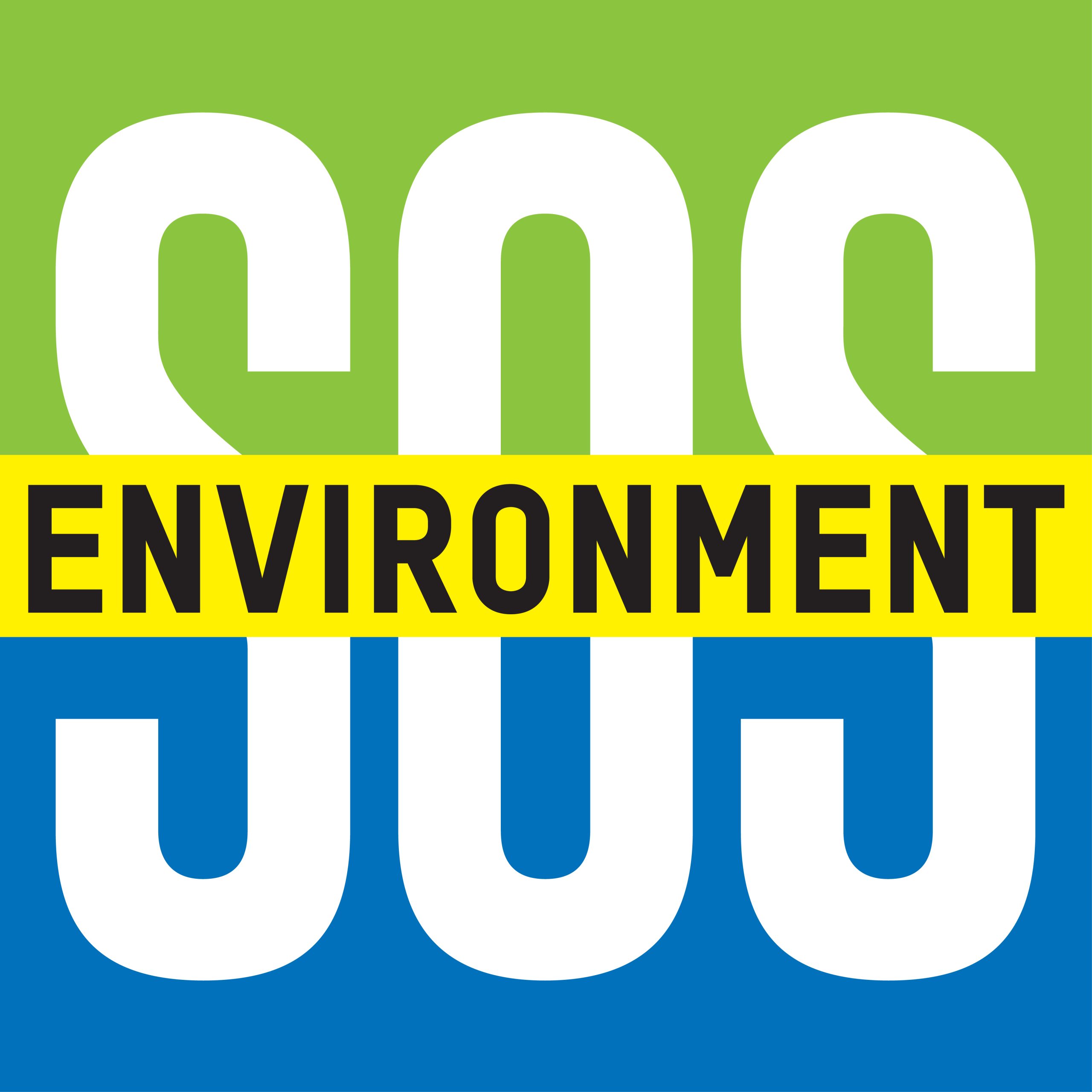Civil Society Association ‘Ekois Bishkek’
Civil Society Association ‘Ekois Bishkek’ has been operating since 2006, working on environmental issues in Kyrgyzstan and spreading information about environmental initiatives, projects, and events in Central Asia.
Ekois works on environmental and social assessments, environmental safety and risk management, awareness and education for sustainable development, involvement of stakeholders into solving problems of environmental pollution, and environment-related issues of poverty and gender.
During the last ten years Ekois has been a national partner for a number of international organizations, including UNEP, FAO, UNIDO, UNDP, Milieukontakt International, Green Cross, and Pure Earth/Blacksmith Institute.
In close cooperation with international partners, state agencies and local authorities, Ekois has implemented 20+ national projects on assessment and management of chemical wastes, obsolete pesticides, uranium tailings, and medical wastes.
Ekois is a member of the following specialized associations: IPEN, IHPA, Climate Action Network of Kyrgyzstan, Mountain Partnership, Alliance for Sustainable Development.
As a member of different expert groups and a partner of Kyrgyz Government, Ekois supports and promotes development of national policy on environment protection; Ekois represents societal interest in environment protection; develops recommendations and initiatives on improving climate change policies, develops analytical materials on toxic pollution.
List of some implemented projects:
- “Revival of the Kyrgyz Environmental Movement” 2005-2008, Hivos
- “Green Agenda” 2006-2008, European Union
- “Elimination of acute risk of Obsolete Pesticides in Kyrgyzstan”, 2006-2008, TMF
- Pre-project stakeholder’s analysis “Demonstrating and Scaling Up Sustainable Alternatives to DDT for the control of vector borne diseases in Southern Caucasus and Central Asia”, January – June 2009, GEF/UNEP
- “Obsolete Pesticides Technical Study in the Kyrgyz Republic” July– December 2009, World Bank
- NGOs Capacity Building Aimed on Partnership with Local Authorities for Solving Ecological Problems February- November 2010, PSO
- “Kyrgyz Political Parties Programs Compared / To Strengthen the Capacity of the Electorate to Distinguish Between Parties,” August – October 2010, ECCO
- “Integrated Water Resource Management (IWRM) study course for universities of Kyrgyzstan,” 2011- 2012, OSCE office in Bishkek
- “Demonstrating and Scaling Up Sustainable Alternatives to DDT for the control of vector borne diseases in Southern Caucasus and Central Asia”, 2011 – 2015, GEF/UNEP, Milieukontakt Intenational
- Eliminating Adverse Effects of Medical Waste on Health and Security in Kyrgyzstan by Implementation of an Adequate Health Care Waste Management 2011-2013, Green Cross, Switzerland
- “Improving capacities to eliminate and prevent recurrence of obsolete pesticides as a model for tackling unused hazardous chemicals in the former Soviet Union”, EC/FAO 2012-2015
- “Promotion of the «Green Economy» concepts for universities and business community of Kyrgyzstan 2012- 2013,” OSCE office in Bishkek
- “Development webinar for schoolchildren from remote mountain areas on Sustainable mountain development,” 2013- 2014, FAO, Mountain Partnership
- “The reduction of hazardous impact of the Suzak A burial site of prohibited POP pesticides on local residents and environment through by improving the system of storage and conducting informational campaign for population of Jalalabad oblast,” 2013- 2014, GEF/SGP, UNDP Kyrgyzstan
- “Remediation of a Legacy Lead and Zinc Mine in Sumsar, Kyrgyzstan”, 2015 –2016, FSD, Switzerland
- “Sovetskoe, Kyrgyzstan Lead Health Risk Reduction Project,” 2016 –2018, Blacksmith Institute, USA
- “Stakeholder Engagement for Uranium Legacy Remediation in Central Asia”, 2017- 2018, UNEP
- “Conducting an advocacy campaign to exclude mercury-containing products that pose the greatest danger to human health and the environment in Central Asia”, May 2019- December 2019, USAID

